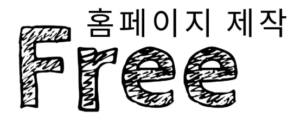-
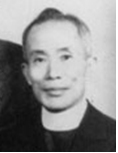
Yun Byeong-gu (1882–1949): Representative of Korea at the United Nations Peace Conference
Read in Korean Born in Seoul, Yun graduated from a foreign language school during the late Joseon Dynasty and became a Christian. He worked as a missionary interpreter in Seoul, and when Korean immigrants in Hawaii requested the dispatch of a pastor, he moved to the United States to pursue a pastoral career. In Hawaii,…
-
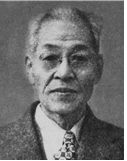
Bang Sa-gyeom (1881–1955): A Life of Independence Activism, Business, and Legacy
Read in Korean Bang Sa-gyeom (July 25, 1881 – December 8, 1955) was born in Pyongyang and emigrated to Hawaii in 1903 at the age of 23. Amid the grueling labor on sugarcane plantations, he dreamed of a better future and eventually moved to San Francisco to pursue his studies. There, he met Ahn Chang-ho…
-
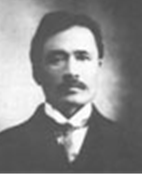
Moon Yang-mok (1869–1940): An Independence Activist Who Joined the Donghak Peasant Revolution and Went into Exile in the United States
Read in Korean Participation in the Donghak Peasant Revolution Moon Yang-mok (June 7, 1869 – December 25, 1940) was born in Seosan, Chungcheongnam-do, and was an intellectual with an early awareness of anti-feudal and anti-foreign influences. When the Donghak Peasant Revolution broke out in 1894, he joined the peasant army at the age of 25…
-
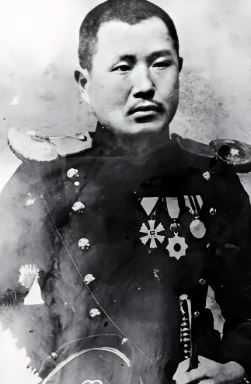
No Baek-rin (1875-1926): Willows Flight School
Read in Korean Gye-won No Baek-rin was born in Punghae-myeon, Songhwa-gun, Hwanghae Province. From a young age, he was praised as a potential general due to his tall stature and exceptional strength. While learning classical Chinese in his hometown, he moved to Seoul and in 1895 was selected as one of 120 outstanding students nationwide…
-
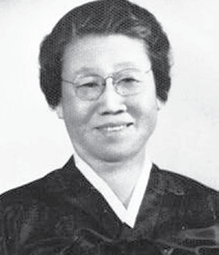
Kim Hye-won (1886–1982): First Leader of the Korean Women’s Patriotic Organization
Read in Korean Kim Hye-won, the foremost female activist in the Americas, immigrated to Hawaii with her family as a labor immigrant in 1905. She was the sister of Kang Young-seung, who became the first Korean in the Americas to earn a Doctor of Law degree. In Hawaii, she bought a sewing machine and did…
-
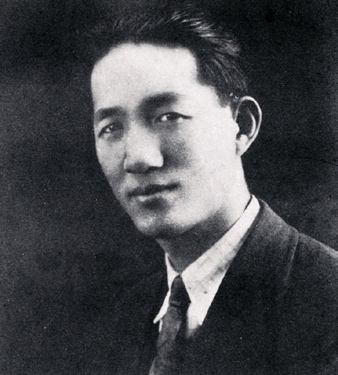
Kim Hyun-gu (1889-1967): U.S. Diplomatic Commissioner
Read in Korean Born in Okcheon, Chungbuk, Kim Hyun-gu studied at Yangjeong School and Boseong Middle School, where he became a member of the Enlightenment Movement organization, the Jaeganghoe. He moved to the United States in April 1909 for his studies and enrolled in Hastings Boys’ Military School, founded by Park Yong-man, where he received…
-
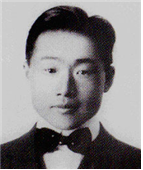
Kim Jong-rim (1884-1973): A Big Player Known as the “Rice King”
Read in Korean Kim Jong-rim earned the nickname “Rice King” for being the largest landowner among Koreans at the time, cultivating vast amounts of rice and making a significant fortune. With his earnings, he donated substantial amounts to various needs within the Korean community, as well as to the independence movement, and established a flight…
-
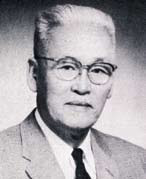
Kim Won-yong (1896-1976): A Testimony to History
Read in Korean Seo-ho Kim Won-yong came to the United States from Shanghai, China, in May 1917 for his studies, but initially delayed his education to participate in patriotic movements. While studying at a university in Ohio, he participated as a founding representative in the Korean Student Association meeting held in San Francisco in April…
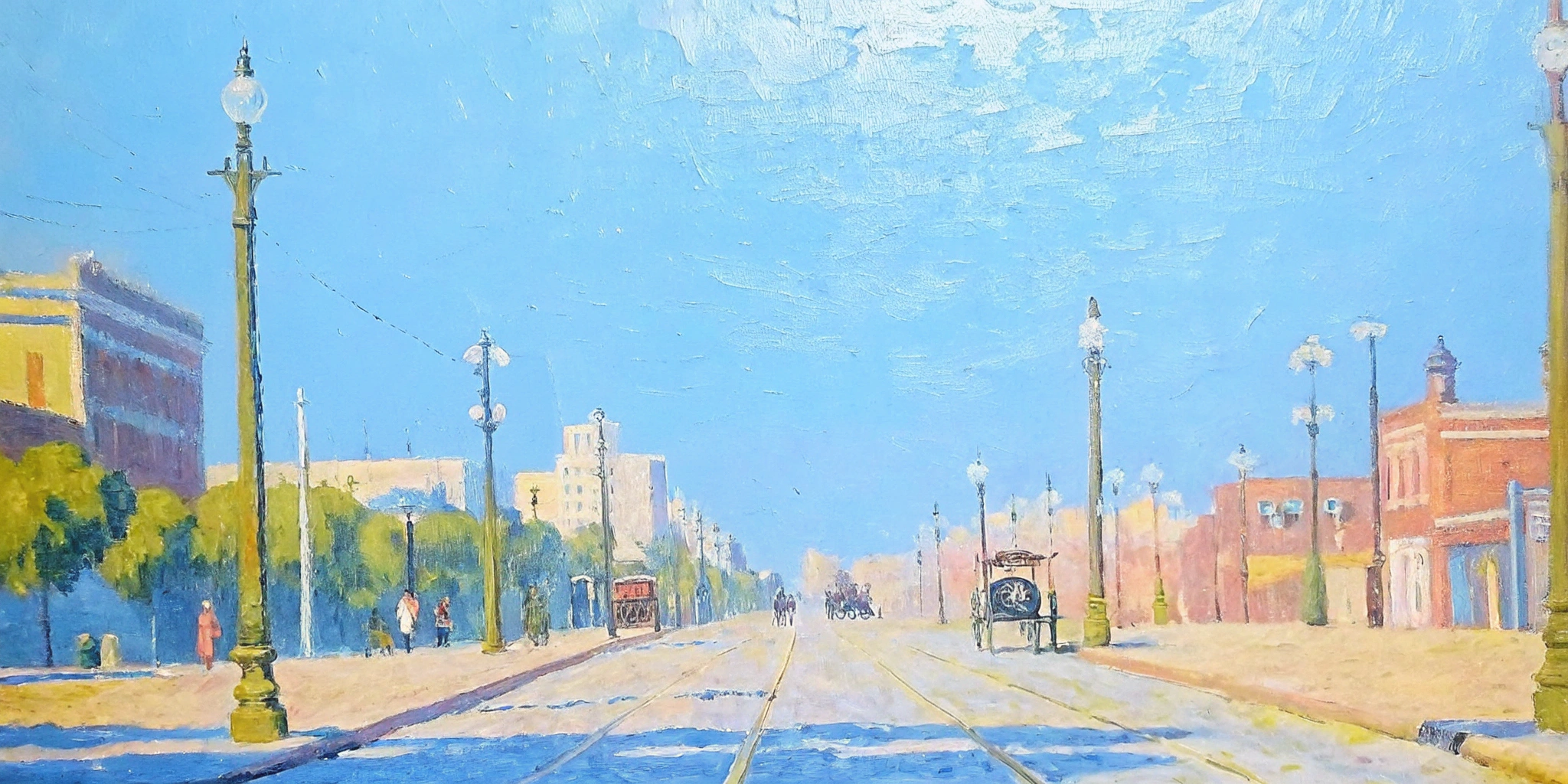
가난과 일제의 압박을 피해 이민, 망명 또는 유학으로 온 초기 이민들은 농장에서, 알래스카 어장에서, 철도 공사장에서, 수은광산에서 고된 노동을 하며 살았다. 그런 중에서 학업을 계속해 의사 또는 박사가 되는 이도 있었으며, 사업을 크게 일으키기도 하며 오로지 조국 의 독립만을 생각하며 생애를 바쳤다. 초기 이민을 온 한인들은 이민의 관문이었고 중심지였던 샌프란시스코에 살았거나 샌프란시스코를 중심으로 활동했다. 초기 이민 치고 샌프란시스코와 관계없이 산 사람은 없었다.
